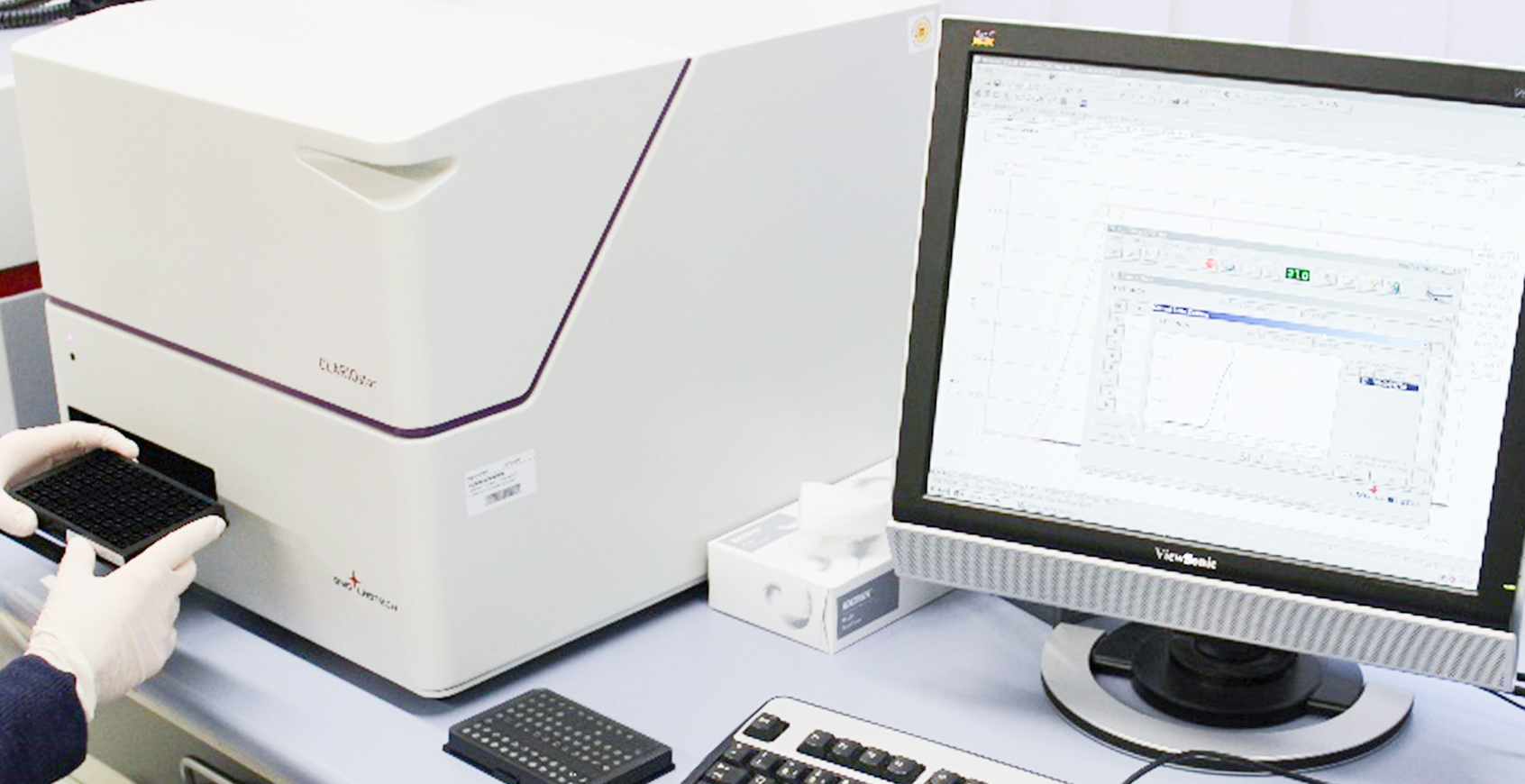Protein biochemistry
Evaluation of novel antibody-based therapies against systemic amyloidoses

Unlike local amyloidoses, such as Alzheimer's disease, systemic amyloidoses belong to the rare protein folding diseases. Here, the abnormally altered proteins are deposited as so-called insoluble protein filaments mostly in the intercellular spaces of various internal organs. This form of amyloid deposition damages, for example, the heart, liver, kidney, spleen or gastrointestinal tract and, in severe cases, leads to their loss of function or to multisystem diseases. The symptoms of these amyloidoses are accordingly diverse and non-specific, making early diagnosis difficult. The consequence is a delayed start of therapy with a significantly reduced life expectancy.
The Protein Folding Diseases group investigates the influence of post-translational protein modifications and their impact on the development and prevention of amyloid diseases. For the evaluation of new antibody-based therapies against systemic amyloidosis, the production and testing of monoclonal antibodies as active agents is performed. Target steps are the establishment of detection methods for the modifications, the antibody humanization and optimization of antibody expression as well as the preclinical evaluation of these antibodies in animal models to test their efficacy. A particular focus will be on ATTR and AA amyloidosis. Since post-translational modifications occur more frequently during aging, targeting potential modifications within fibrils represents an important approach to generate specific diagnostic and therapeutic antibodies.
The project was funded by the German Federal State of Saxony-Anhalt with money from the European Regional Development Fund (ERDF).

Investigation of the secondary structure of Meprin alpha in cooperation with Monash University in Melbourne
Unlike the Meprin beta isoenzyme, the secondary structure of Meprin alpha is not accessible via X-ray structure analysis. Because Meprin alpha tends to form non-covalent heterogeneous oligomers, ordered crystal structures cannot develop. Therefore, cryogenic electron microscopy forms an alternative method for obtaining structural data on Meprin alpha. These examinations to establish the helical ultrastructure of Meprin alpha were carried out in cooperation with the Department of Biochemistry and Molecular Biology at Monash University, Melbourne. In addition, the interactions between a specific inhibitor and the active centre of the enzyme were examined (Bayly-Jones, 2022, Helical ultrastructure of the metalloprotease Meprin α in complexes with a small molecule inhibitor).
This project headed by Dr Dagmar Schlenzig was sponsored by the German Federal Ministry of Education and Research in the framework of the “Asia-Pacific Research Area” (APRA) programme.